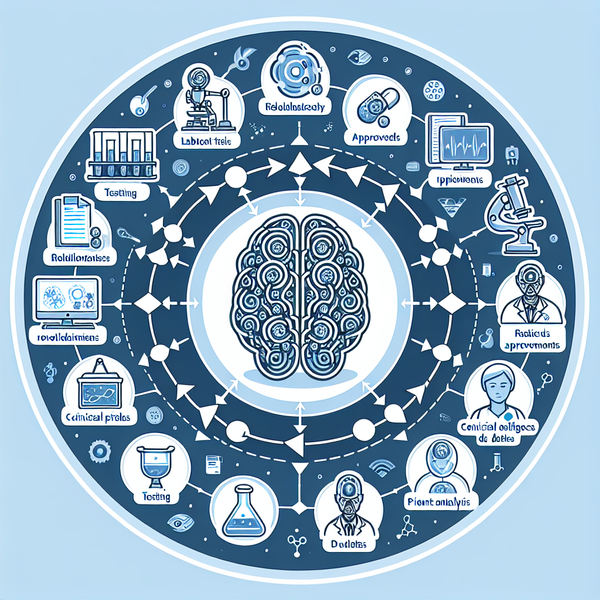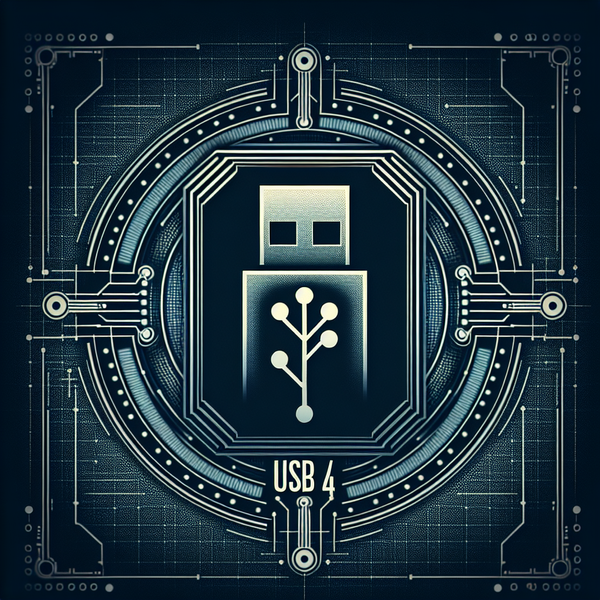Japan's JAXA Develops First Space Digital Twin of ISS Module

Introduction to Japan's Space Digital Twin
Japan's Aerospace Exploration Agency (JAXA) has announced a pioneering initiative to create a digital replica of its International Space Station (ISS) module. This endeavor is hailed as the world's first 'Space Digital Twin.' Collaborating with SpaceData Inc., a digital applications enterprise, JAXA aims to revolutionize space technology with this open-source project.
Details of the Digital Twin
The digital twin of the ISS module, named Kibo, will encompass a vast array of environmental data. Parameters such as temperature, humidity, airflow, and illumination, which are essential for space life and operations, have been meticulously gathered and will be available in the digital version. Additionally, the project ambitiously includes recreating the Int-Ball, a drone functioning within Kibo, in the digital environment. This aspect of the project is intended to provide a valuable simulation environment for robotic operations in space.
Significance of the Digital Twin Concept
The digital twin technology offers a cost-effective platform for testing and research while reducing the risks and expenses associated with space experiments. By simulating space conditions, researchers and developers can experiment with space-related business ideas and technologies without the need for expensive launches. This opens new doors for advancements in various industries, including gaming, space tourism, broadcasting, and virtual reality applications.
Implications for Future Space Projects
JAXA anticipates that the digital twin technology will greatly enhance the predictability and efficiency of future space endeavors. As JAXA moves forward with this initiative, the project is set to become operational despite the approaching retirement of the ISS in 2030. At that time, NASA plans to transition its operations to commercial services for ongoing low Earth orbit research and habitation.
Potential for New Space Economy
JAXA's senior advisor, Yusuke Matsumura, has expressed optimism about the potential economic opportunities that the digital twin could unleash. He suggests that unknown enterprises could arise, capitalizing on this innovative technology. Matsumura envisions a future where this project could mark the beginning of a new space economy, with commercial stations offering unprecedented uses of outer space.
Concluding Thoughts
The creation of the world's first Space Digital Twin not only highlights JAXA’s innovative prowess but also positions Japan at the forefront of the evolving space economy. As this digital twin becomes a reality, it stands to catalyze a new era in space exploration and commercial use, providing vital data and testing grounds for groundbreaking research and development.




